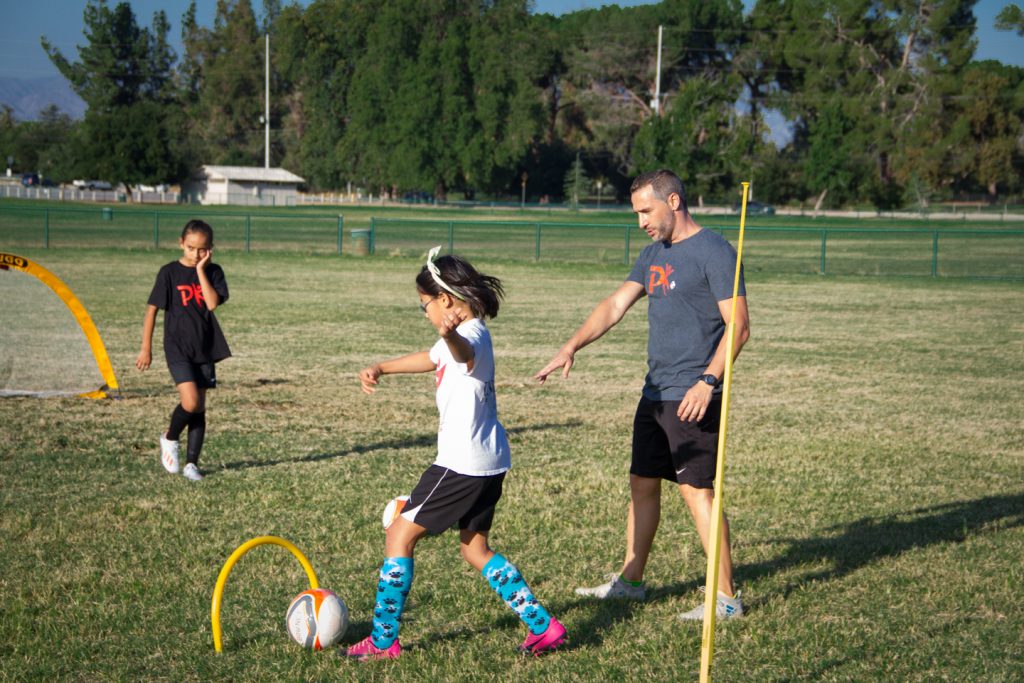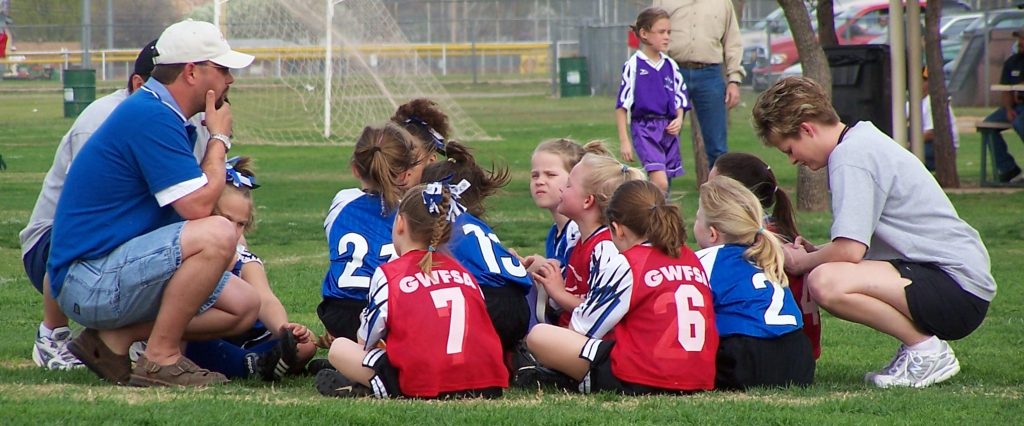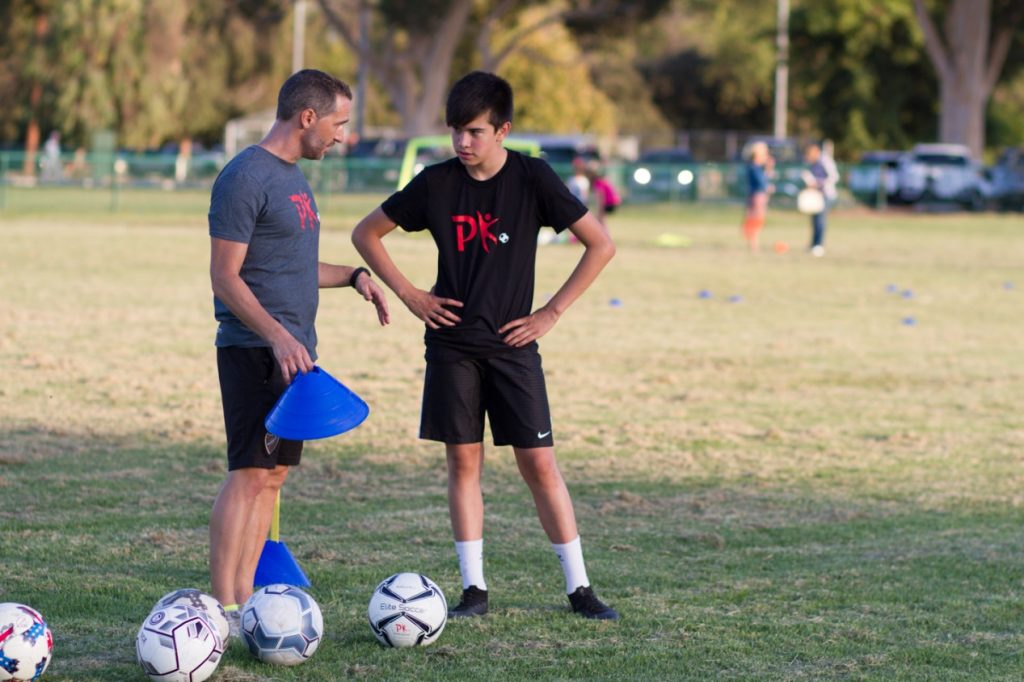Across the world, soccer has positively impacted a countless number of lives. Regardless of one’s motives to play the game, whether playing out of pure love or just to make a living, there are undoubtedly many life lessons that come with a career in soccer.
Even if you play soccer recreationally or for a short amount of time, you will have much to gain from the experience. Since soccer is a team sport, it teaches a sense of responsibility to teammates, coaches and supporters. As though it were a university of life, playing soccer provides an opportunity to obtain invaluable qualities.
- Making Sacrifices
- Taking Accountability
- Decision Making
- Effective Communication
- Consistency
- Responsibility
- Individualism vs Teamwork
- Leadership
Making Sacrifices

To reach higher levels of soccer, an individual must make personal sacrifices. The typical soccer player has limitations when it comes to diet and sleep. To improve as a player, you must consciously eat foods that will keep you healthy and in shape. A soccer player also knows there will be restrictions on late-night hangouts and parties during the season. To perform at the expectations of coaches will require a sound mind and healthy body, neither of which can be achieved without personal discipline.
When these habits become ingrained in an individual, they help form a disciplined character that will be useful in all aspects of life.
Taking Accountability

No player can win a soccer match all by themself. Every player has a specific role in the team and must work together to achieve a common goal. In that sense, playing soccer comes with the understanding that your actions affect others. Every time you step on the field, your teammates, coaches and fans trust you to put forth your best effort. This same idea is applied at work, school and everywhere else within society; people are going to trust you to do your best work and we must expect to be held accountable when we don’t meet expectations.
Decision Making

When a soccer player runs toward an opposing defender, they will usually have their teammates signaling that they are available to pass to. In that moment, the player will have a decision to make: “do I pass to my teammate or do I dribble past this defender?” This is one of many decisions a player will have to make while playing. Decisions are made off the field too, like declining a late night party the day before a game, or choosing a healthy smoothie over unhealthy sweets.
Understanding the purpose of making certain decisions and being confident in those decisions is an essential life skill and can be developed through playing soccer.
Effective Communication

Good players and coaches are effective communicators. In a game of soccer things are constantly moving and changing, so it is essential that players are continuously communicating with one another to solve problems on the field. From the experience one gains playing soccer, an individual is able to pass ideas to others as well as comprehend information that is given to them. In the real world, like the workplace, quality teams are formed when co-workers are able to effectively communicate to where they can understand ideas and implement strategies.
Consistency

It is key for soccer players to be consistent in their play, maintaining a high standard of quality in their performances. Whether one plays competitive or recreational soccer, you are required to do you best everyday, trying to be better than the day before. Being consistent is not only important in soccer, but in all areas of your life. Consistently doing more than what is expected of you will greatly help you build momentum. Forming good habits and consistently sticking to them will lead to huge accomplishments in more areas than one.
Responsibility

While a parent may be the initial influence for a child to start playing soccer, once the child decides to take on the challenge, it becomes their personal duty to take responsibility and ownership of their actions. A soccer player’s responsibility is to be on time to training and games, come prepared with correct gear, eat the right foods, and go to sleep at the right times. They must take ownership of any of their faults and inconsistencies. Being responsible makes your life and others lives around you much easier and stress-free.
Individualism vs Teamwork

There are many notable individual honors created to reward soccer players, but no single player can win an award or trophy without being a part of a team. Top players that win these awards understand the important role their teams played to help them to win and reach these achievements. It is an extremely valuable quality to put the team’s efforts above everything else, not diminishing anyone’s personal contributions to the success of the team.
Leadership

Many individuals in soccer history have transitioned from playing the sport to becoming political leaders. Examples include former World Best Soccer players George Weah of Liberia and Romario of Brasil. Apart from political leadership, the qualities mentioned thus far can transform a soccer player into a very influential individual. Effective communication, accepting responsibility and being accountable are all invaluable attributes of top leaders around the world.



